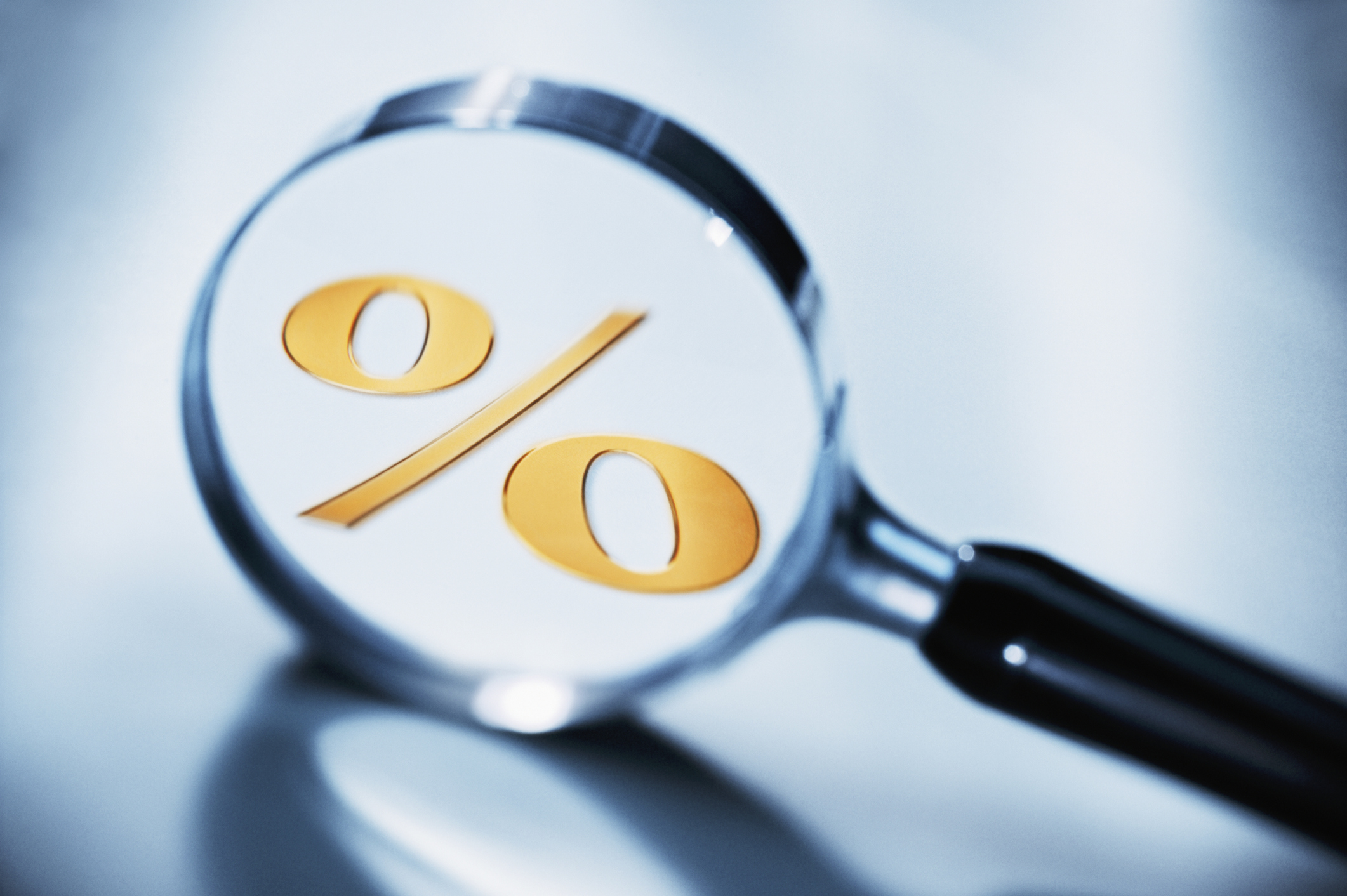
Interest rates have loomed large for the past two years as the Federal Reserve raised the federal funds rate to its highest level in 23 years in order to combat the worst bout of inflation since the early 1980s.
Wall Street is particularly homed in on interest rates after the Federal Reserve cut rates for the first time in four years at its September meeting, by a jumbo-sized 50 basis points (0.50%).
But with the presidential election looming in less than a month, it's also fair to ask whether the election itself, and the winner between Vice President Kamala Harris and former President Donald Trump, would have an impact on interest rates.
This matters because interest rate policy flows through to virtually every corner of the economy and the capital markets, creating both winners and losers. Higher rates over the past two years have made cash and bonds reasonably good investments again for the first time in 20 years, which is an unambiguous positive.
Of course, they've also made capital vastly more expensive for companies, raised the cost of homeownership for new buyers, and even contributed to the government's busted budget, all of which are major negatives.
So, let's take a look at how the election might impact the direction of interest rates and what, if anything, we should do about it.
What causes interest rates to move?
Let's start with the basics. "Interest rates" are a broad universe that encompasses everything from the short-term federal funds rate — the overnight rate that banks charge each other — to maturities of 30 years or more. It also spans everything from risk-free government debt to highly speculative junk bonds and everything in between. Government policy, particularly from the Federal Reserve, can impact all of this to some extent.
The Fed sets short-term interest rates via its manipulation of the fed funds rate. As the central bank is nominally independent of the executive branch, the election won't have much of an impact on short-term rates, or at least not directly. Chair Jerome Powell firmly said in response to a question at the September press conference that that the Fed does not "take anything else into consideration" besides what's best for the American people — in other words, the Fed does not pay attention to non-economic factors like if an election is happening in its decision-making.
If we start to see excessive market volatility due to election jitters, that might influence the central bank's decision to cut rates faster or more aggressively. But that's about it.
Of course, that could change post-election. Although Trump has said he would let Powell finish out his term, he has also at times indicated that he wants to exert more direct presidential control over the Fed, which would dilute the central bank's independence. What Trump would do with that power should he win remains to be seen.
Harris said in August she "would never interfere in the decisions that the Fed makes."
What is the election's impact on long-term interest rates?

The election's impact on long-term interest rates is a little more complex. This is because longer-term rates move based on the supply of and demand for bonds.
The budget deficit determines supply: the more the government borrows, the greater the supply of bonds. All else equal, a larger supply of bonds means lower bond prices and higher bond yields.
Demand is primarily based on growth and inflation expectations. All else equal, higher growth and higher inflation expectations mean higher yields. Lower growth and lower inflation expectations mean lower yields.
So, an election outcome that promises higher spending (perhaps a Democrat sweep) or lower taxes (possibly a Republican sweep) would likely mean higher long-term bond yields. A mixed election in which one party controls the White House and the other controls at least one house of Congress would likely mean no major changes to spending or tax policy, which would suggest lower yields, all else equal.
Bond yields also respond to investor fear. When investors are scared, they tend to run to safe havens like gold, cash and U.S. Treasury securities. This fear buying drives prices higher and yields lower.
The 2024 election promises to be cantankerous, and we can't rule out prolonged legal challenges, alternative elector slates or even political violence. If things get nutty out there, then we may see yields go much lower, at least until the dust settles.
That may seem counterintuitive, as political instability should make U.S. government securities appear riskier. The riskier a credit is perceived, the higher the interest rate.
There's an important point to remember though. Even an unstable government can pay back its debts if they are denominated in their own currency. There's no real risk of true default because the government could always print new dollars to pay off its bonds if push came to shove.
The bottom line on the election and interest rates
Let's be clear, our going assumption should be that the election will have only a minor direct impact on interest rates. Growth and inflation expectations, as well as the potential supply of new bonds due to government deficits, are going to have a much bigger impact.
But this isn't to say the election doesn't matter at all. The outcome can and will indirectly both the supply and demand drivers that move interest rates.
Related content
- When Is the Next Fed Meeting?
- What Investors Should Do After the Fed Rate Cut
- Can a President Fix Inflation? Here's How Much Influence Trump or Harris Could Have
- How a Second Trump Presidency Could Impact Truth Social
- What a Fed Rate Cut Means for Savings
- How Will the Election Impact the Stock Market?







